Artificial intelligence (AI) has quaked the Earth beyond comprehension over the past few years, notably worming itself into every conversation. Justified concern arises as the technology progresses, building up paranoia in what careers it could inhibit. Creative jobs, such as artists and musicians, especially, are the ones standing on the chopping block. But are they really?
New technological innovations are always resisted, such as the Luddites rebelling against the replacement of manual labor for machines in the Industrial Revolution. Now, we have accepted automated production lines. This does not undermine the struggles they experienced as they faced low wages and unemployment, rather it exemplifies the adaptation to change.
Either way, AI will never truly replace the human workforce. Humans simply have certain complexities and characteristics that cannot be replicated by endless rows of binary. AI needs to be trained in the means of a pattern or a formula (hence why AI can be detected by certain websites; the writing is too formulaic).
It is also difficult to train AI. In order for it to replicate a certain piece of media, it must get thousands upon thousands of pieces of input, and even then, it is questionable whether it truly can recognize certain attributes. Specifically with more niche topics, the AI may even make up information or pull information incorrectly from its sources. Can it even differentiate a valid or invalid source?
Besides, how will it be able to replicate your specific art style or musical style? Again, it must have a large bank to pull from. Unless you have drawn thousands upon thousands of pictures or made thousands upon thousands of songs, uploaded them all to the Internet, and had someone dedicate an AI to your work, that will probably never happen. Because in all reality, why should someone spend time training an AI on your work?
AI art tends to come in only a few styles that it has been trained to do. It really is restricted to mostly realistic art styles and occasionally experiments with something more cartoonish. If any specific “art style” is at risk it would likely be anime styles due to their uniformity. There are several different genres of this work, such as Shonen and Shojo, that an AI likely has easy access to through countless mangas, manhwas, and anime that often mirror each other with subtle differences.
Even then, many artists use AI to generate backgrounds or references that they can later recreate and adjust to fit their needs. That is what AI art is: a guide. Yes, it is getting better and better, but despite having large banks of illustrations, AI continues to be unable to comprehend certain areas that we as humans have recognized to have a limited amount, such as having ten fingers. Ask an AI to generate an image of a girl with five freckles, and it would be surprising if one in ten pictures depicted a girl with exactly five freckles. Even if AI manages to develop distinctions of these things, it is highly doubtful it would even impact this generation, because the technology is still miles away from this goal.
If you ask an AI to make a song, the lyrics often do not make much sense. It might sound rhythmically fine, but even then, it is not all that creative, either. This creativity aspect is what separates AI from humans. In order for AI to make something revolutionary, it would have to think outside of the box — think outside of the material it was given.
Artificially-generated music also lacks a sense that nonliving beings simply do not possess: emotion. It cannot artificially construct the circumstances that a song came to be; no song lyrics were written on a paper napkin in the warmth of a homey, bustling diner. Everything is generated in a snap, losing the circumstances and reason why a song was ever produced. Similarly could be said concerning art.
However, AI music may also be a guideline for musicians. If they want to start writing a song in a specific style or genre, they may look to AI to help get ideas flowing. Producers also use AI technology, in some cases, to help detect areas that may need adjustments in volume or equalizer settings.
Of course, there is also the legal debacle. Should AI train on work it stole at the expense of the artist, to then turn around and make money off their now trained model?
Of course this does not justify stealing original artwork (with no compensation) to feed and grow AI, which would then only be used to work against and replace artists; a looping nightmare.
Certain jobs will also be lost with the process of AI, as with the Luddites, but new ones will also emerge from the ashes. The United Nations (UN) suggests that while certain jobs are always going to be at risk, this only creates a new wave of career options. The same article also mentions that it is not even economically feasible for AI to “take over” entire industries.
And who is to say that this “handmade” art would not become a luxury good? It is quite a dystopian thought to have, but it could be comparative to certain products made by hand being valued higher.
AI is here to stay, whether we like it or not. It is merely a ripple in the tide on a river of the future; we need to move with the current, not against it.


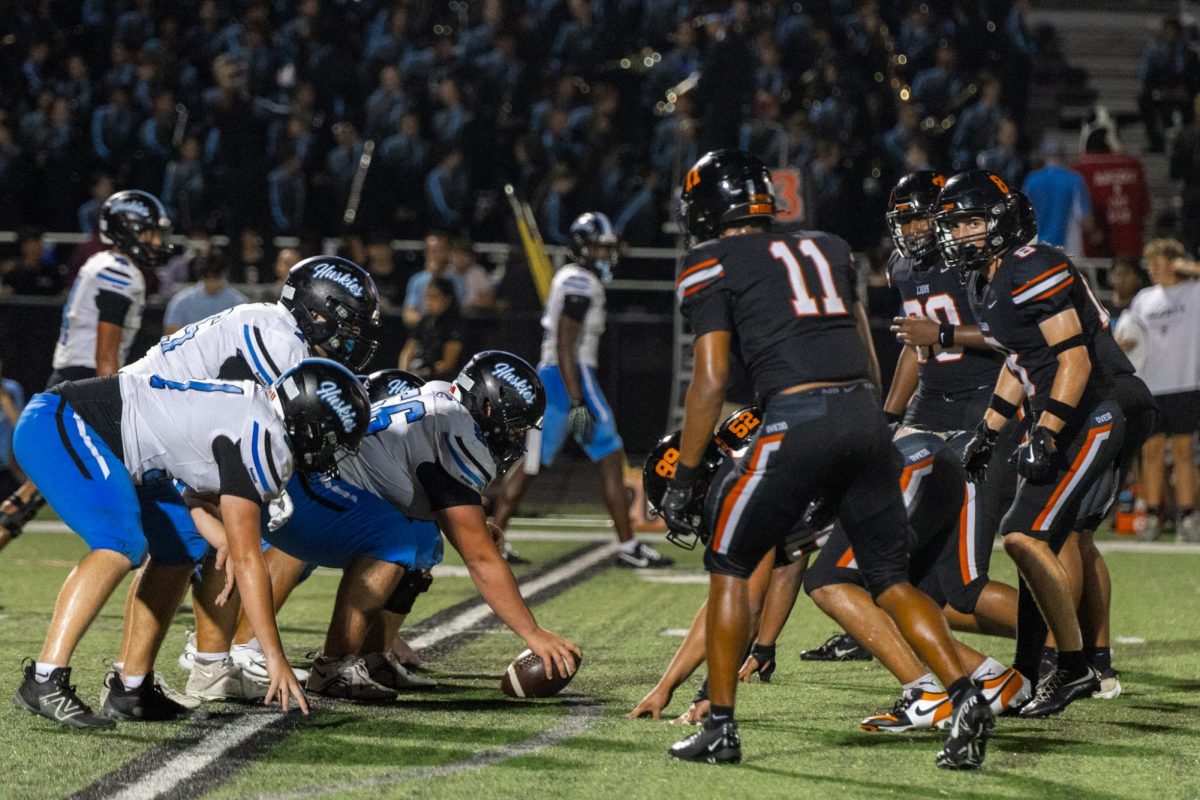
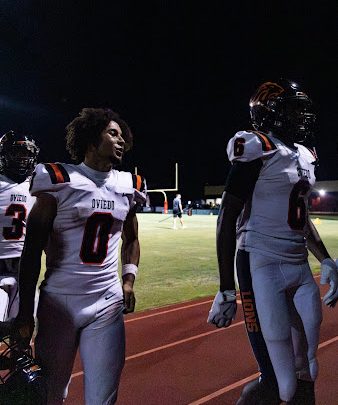
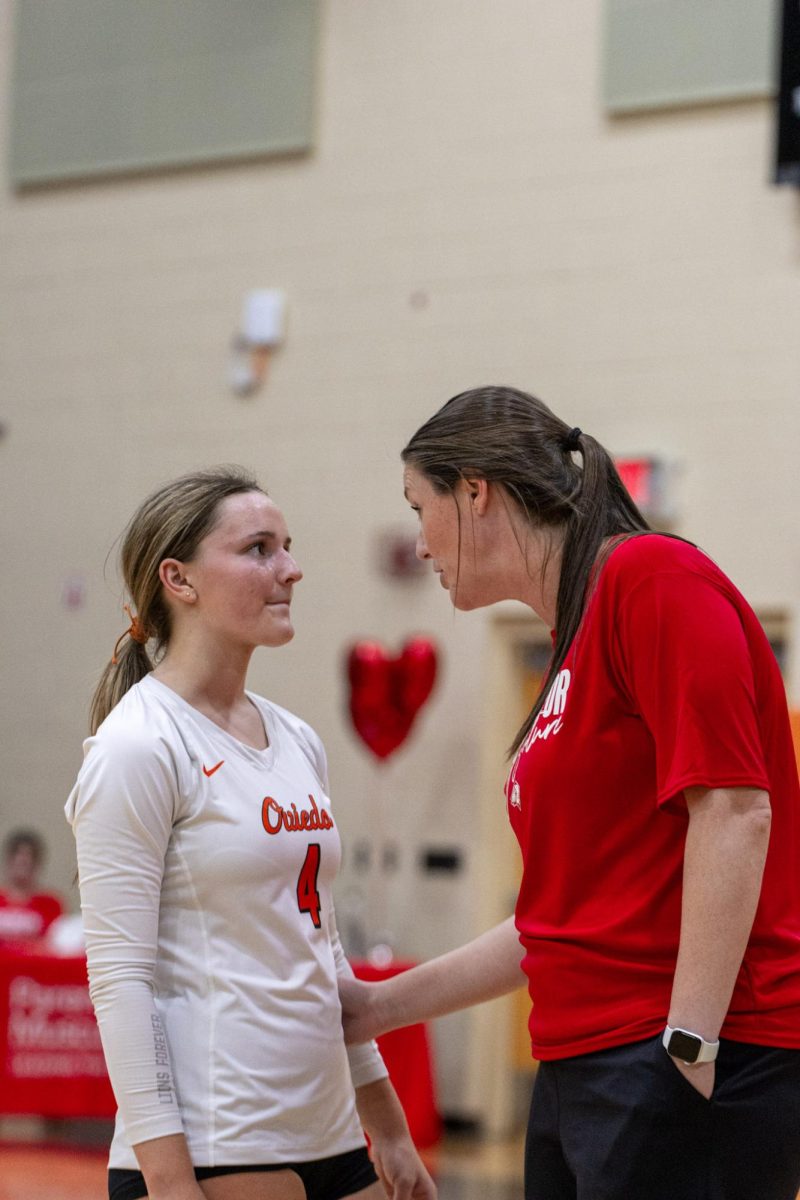

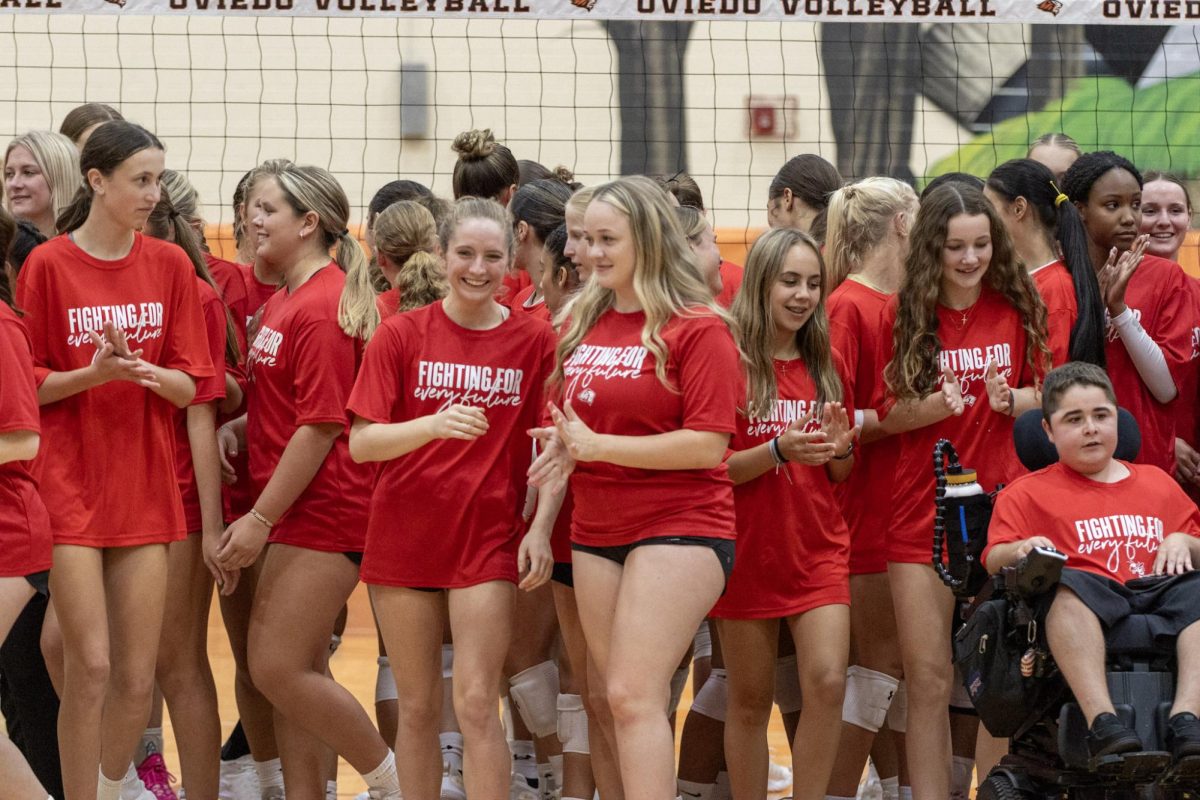
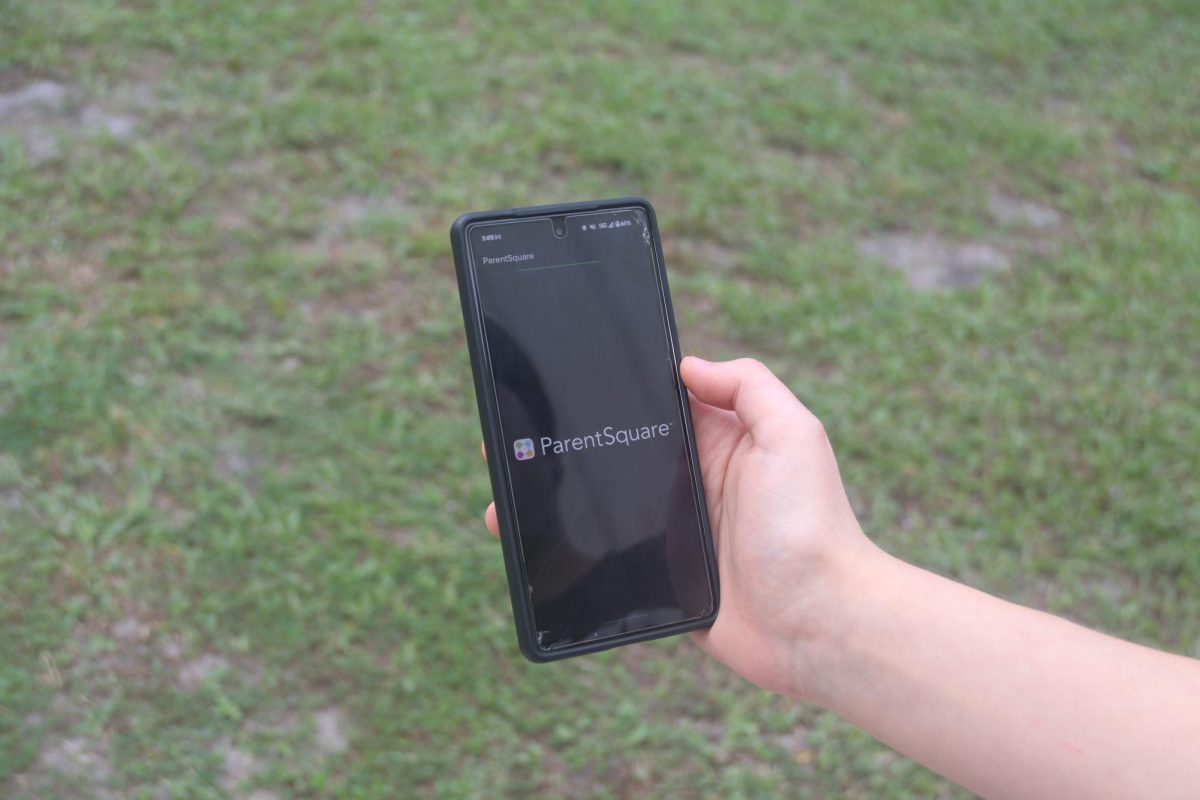
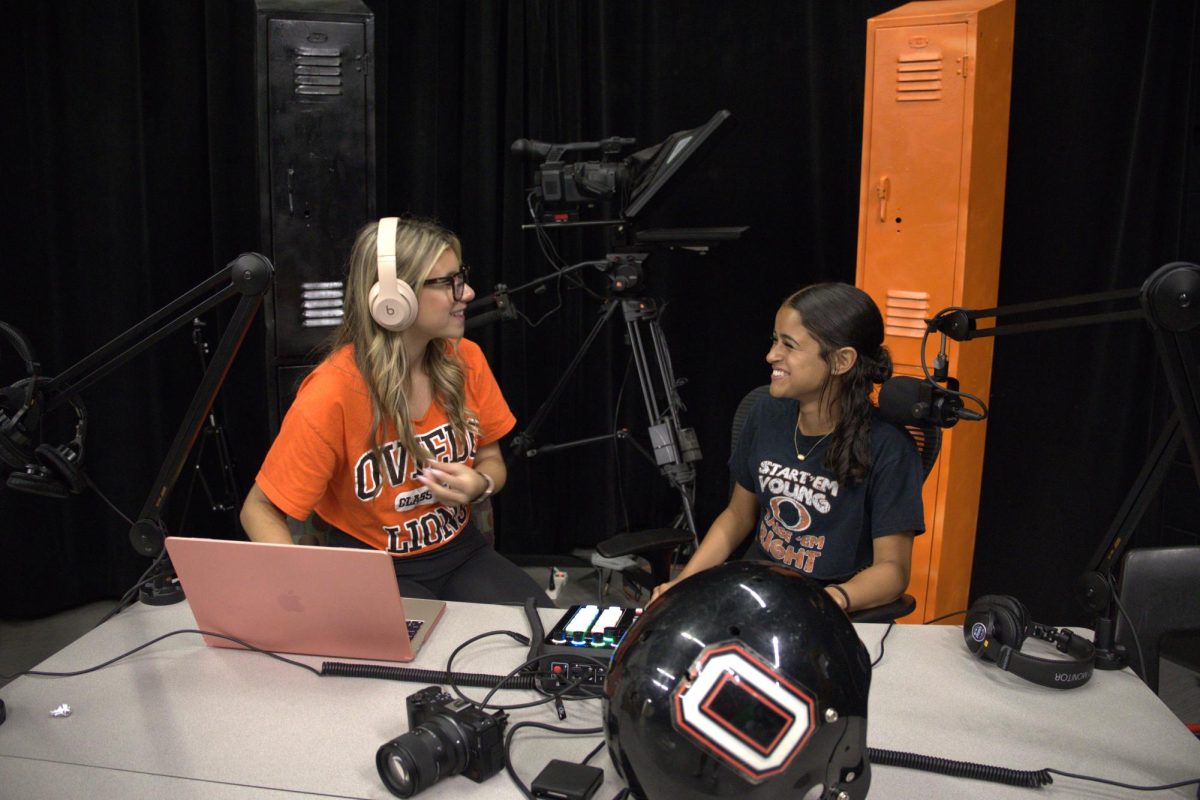
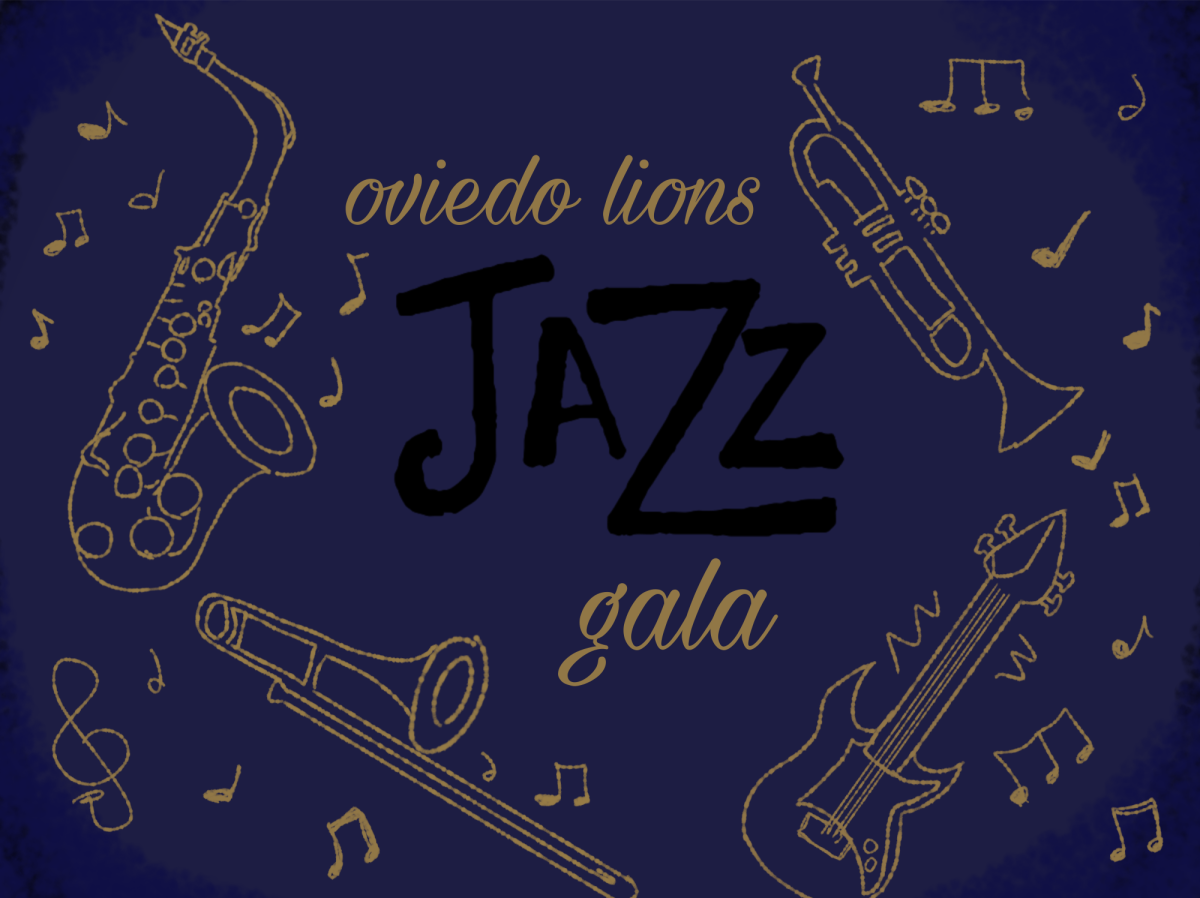

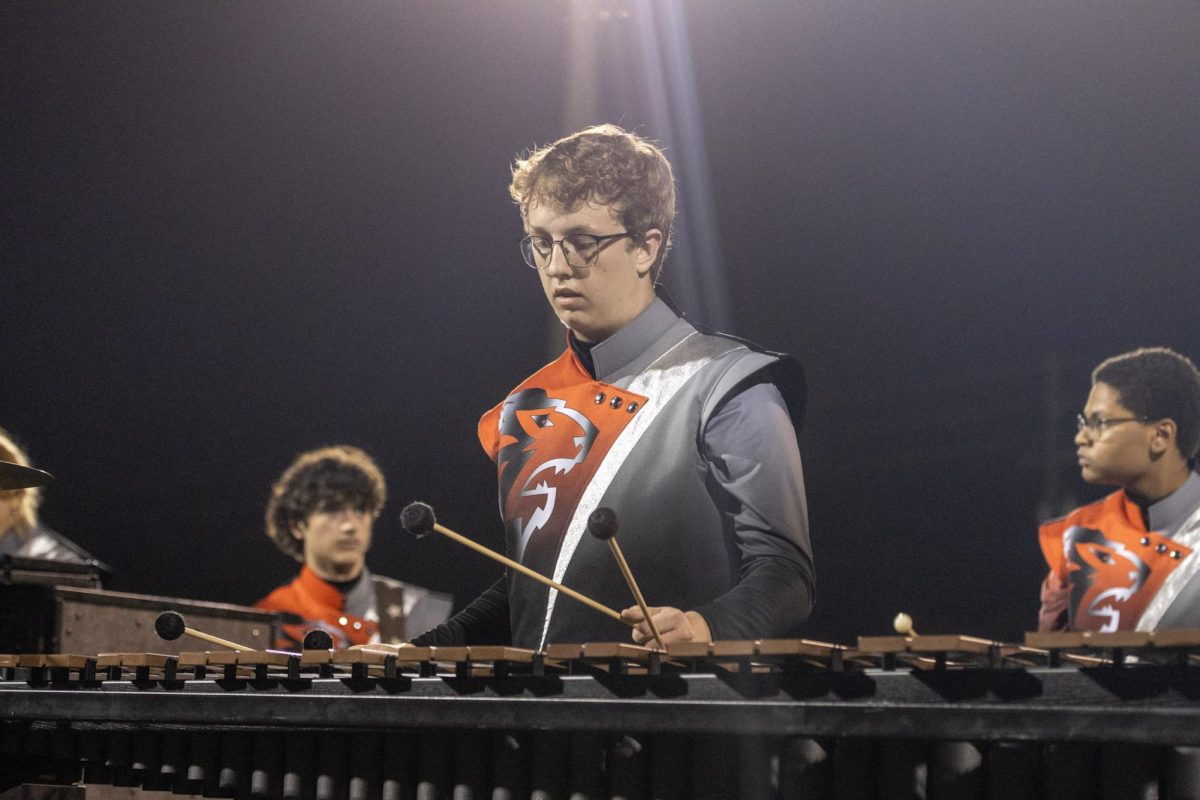
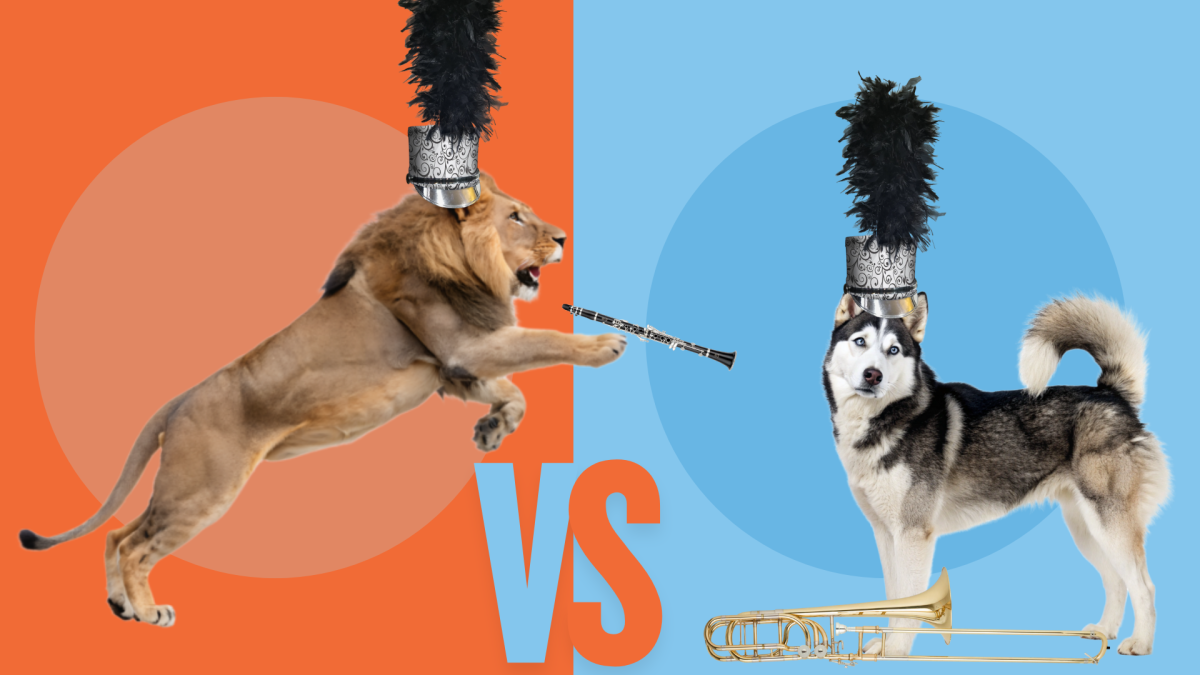
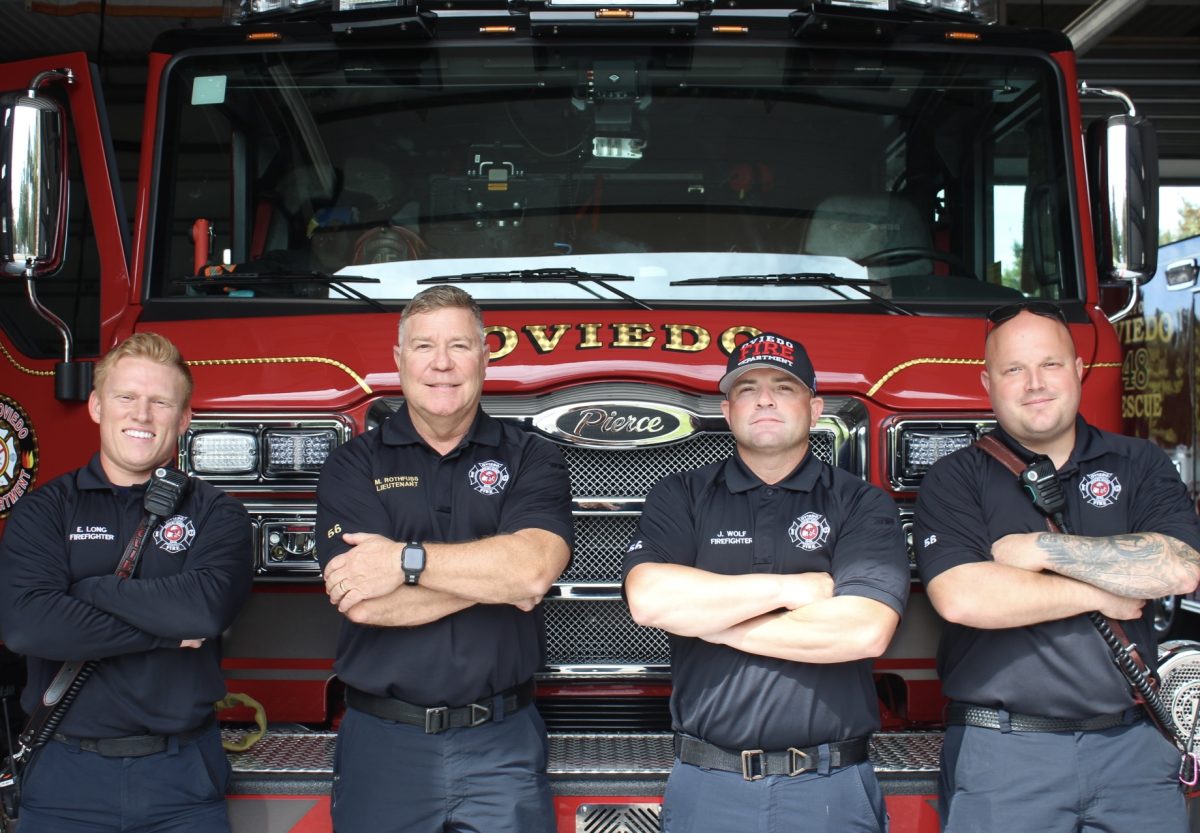
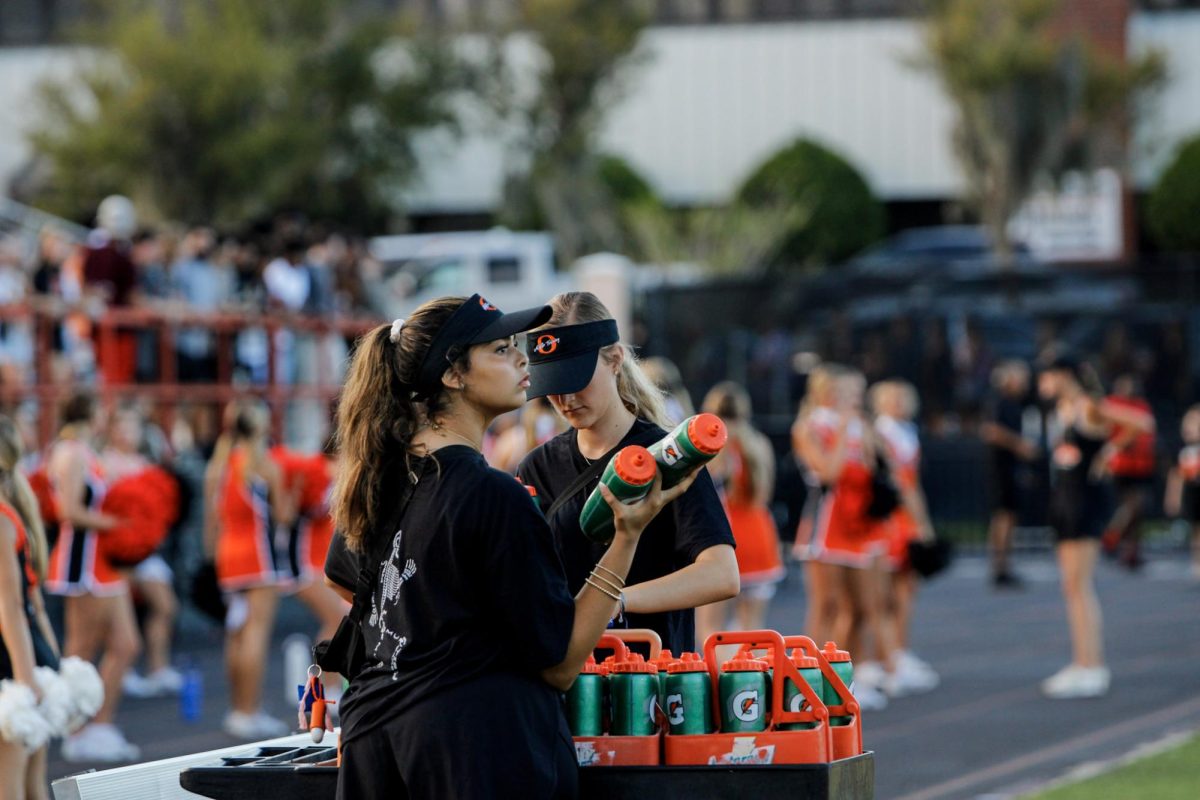
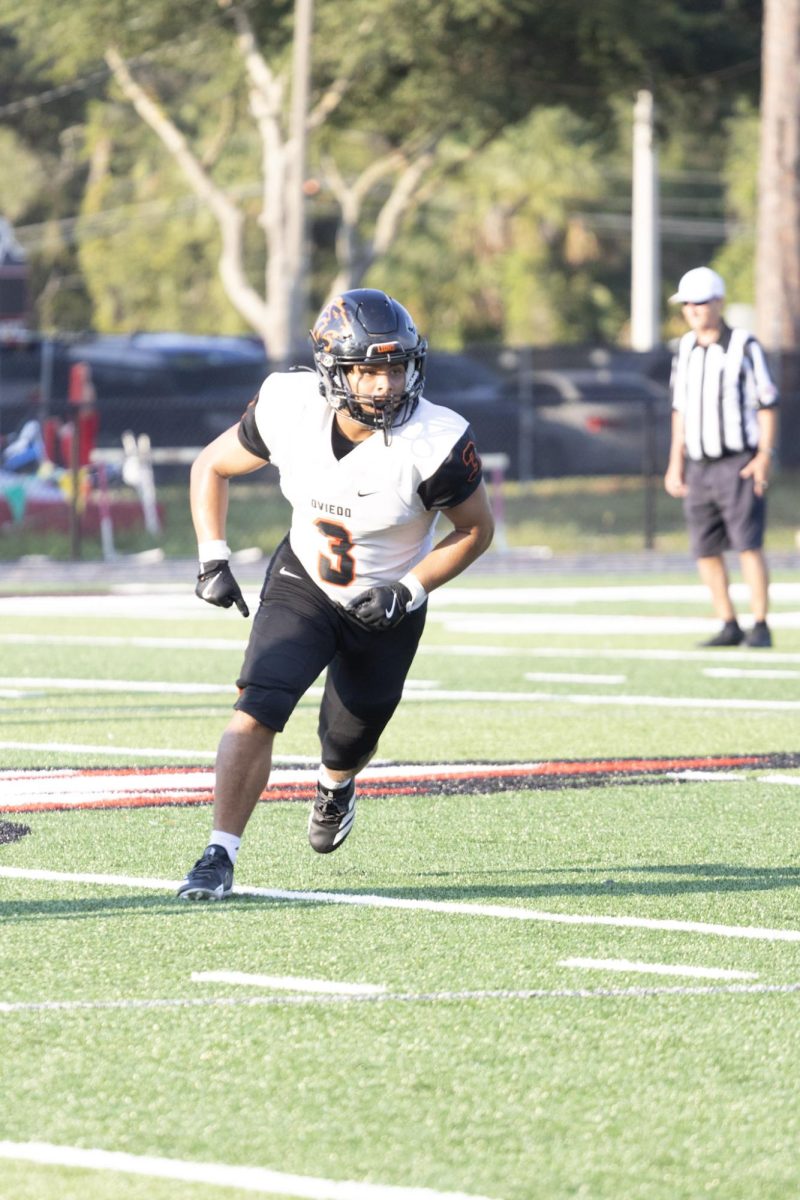

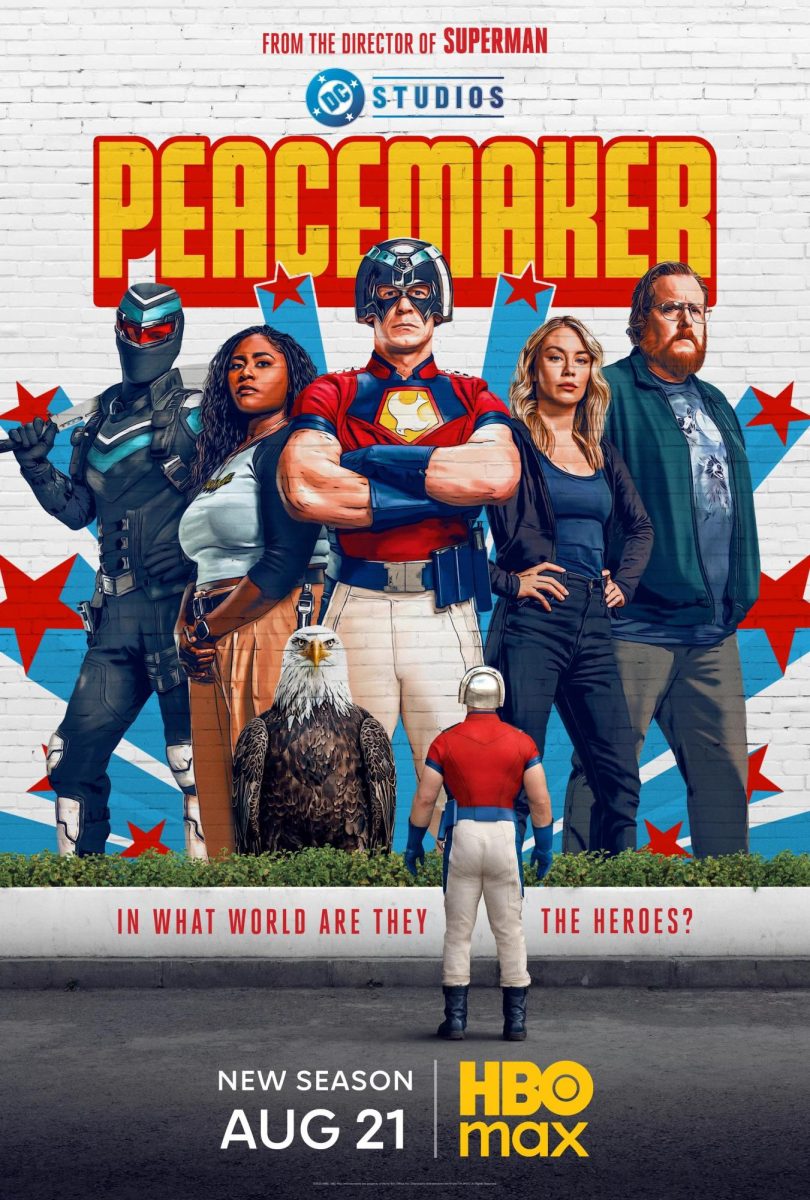
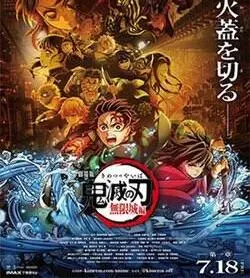
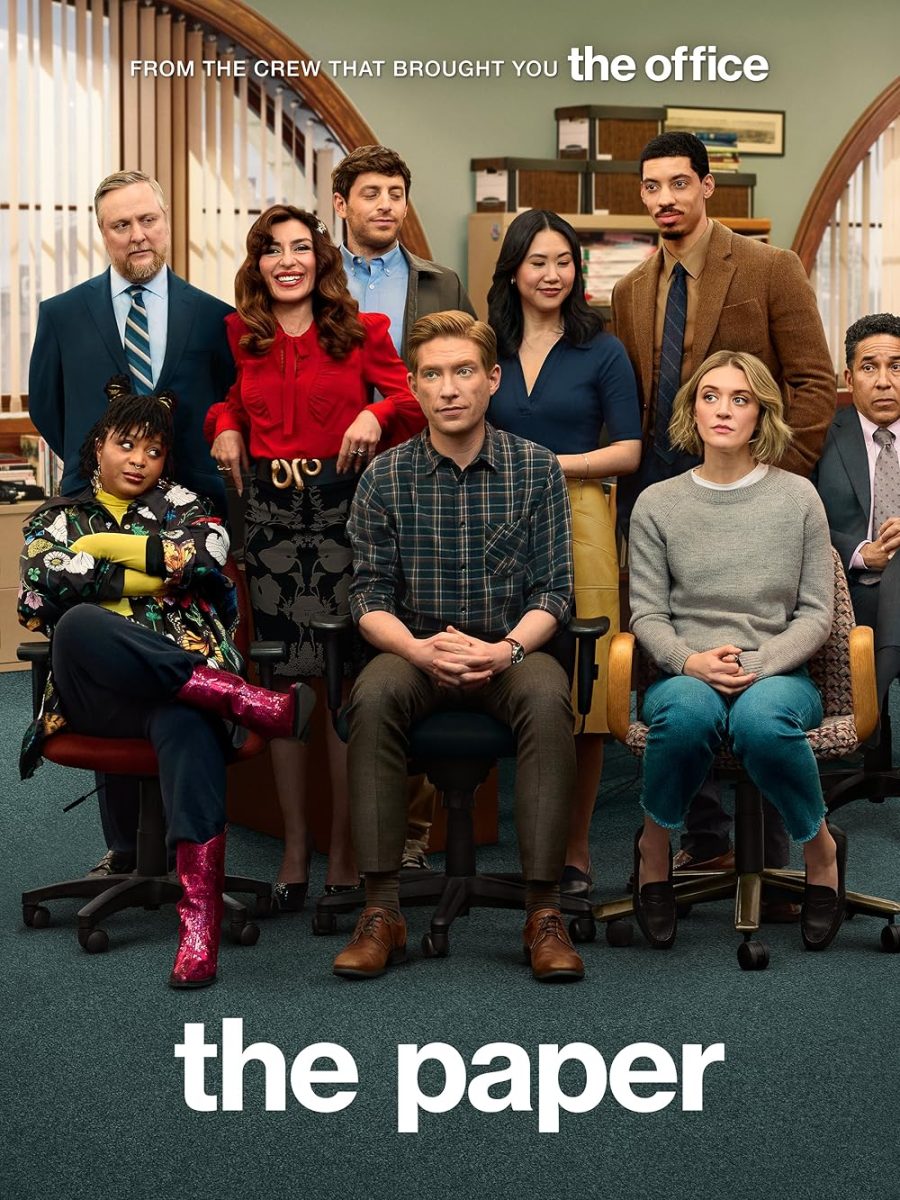

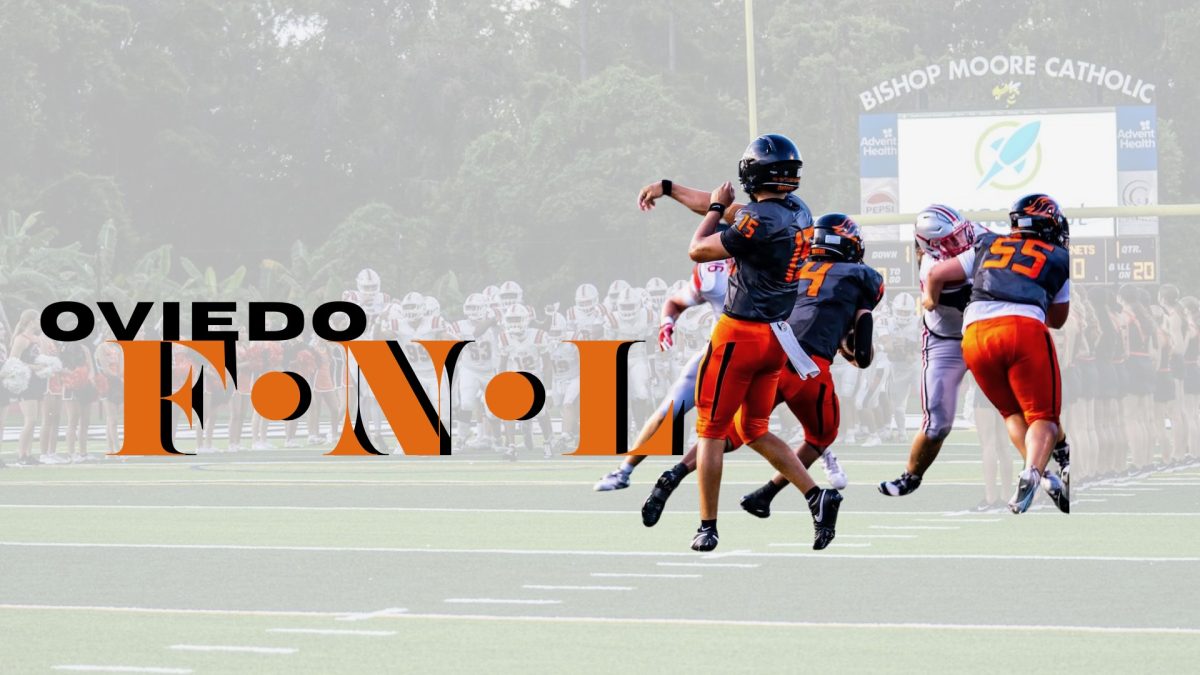
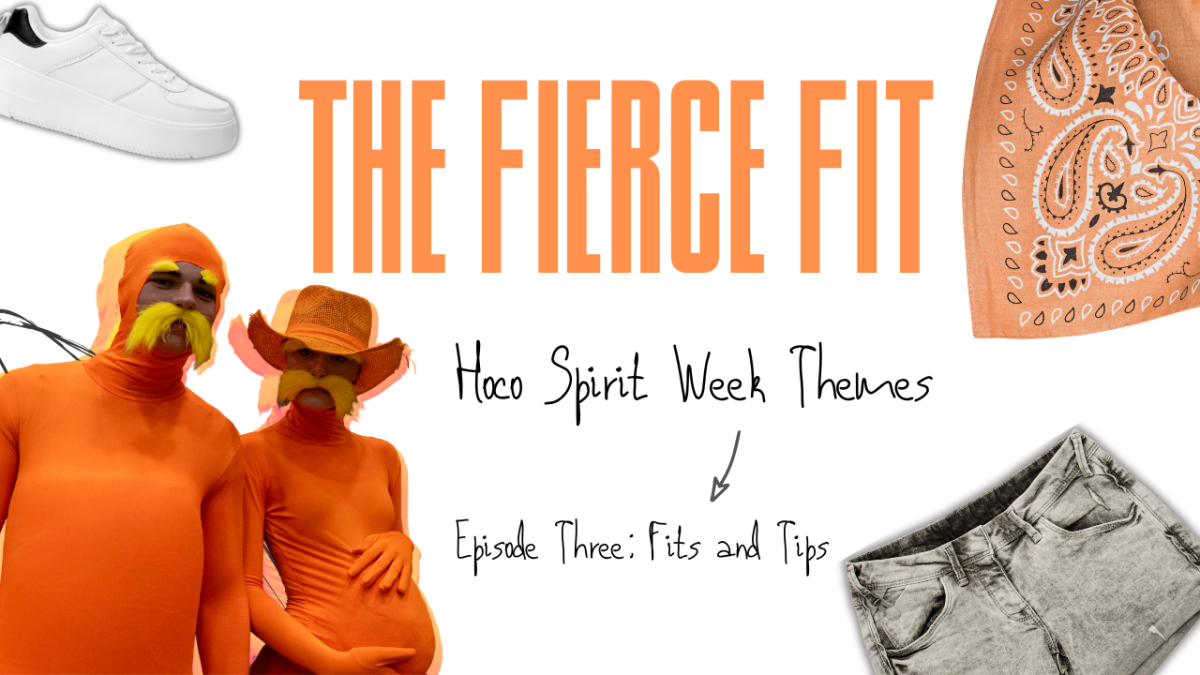

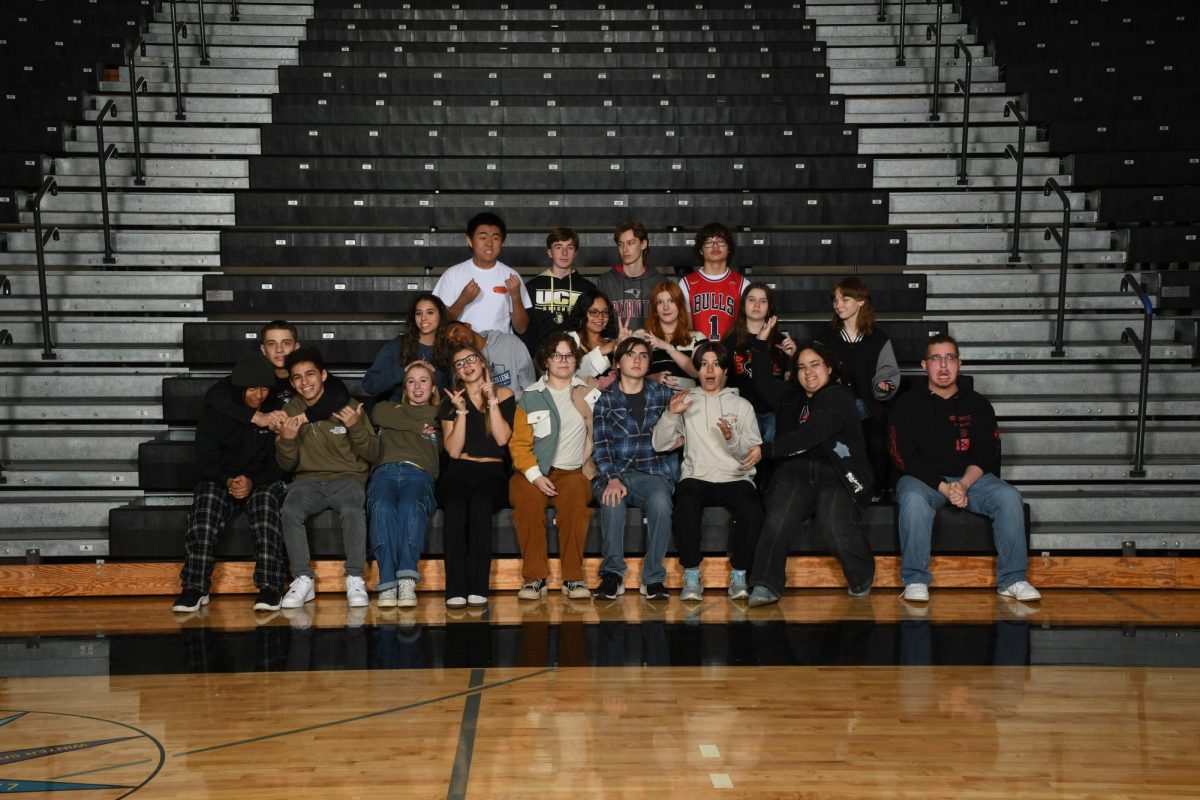
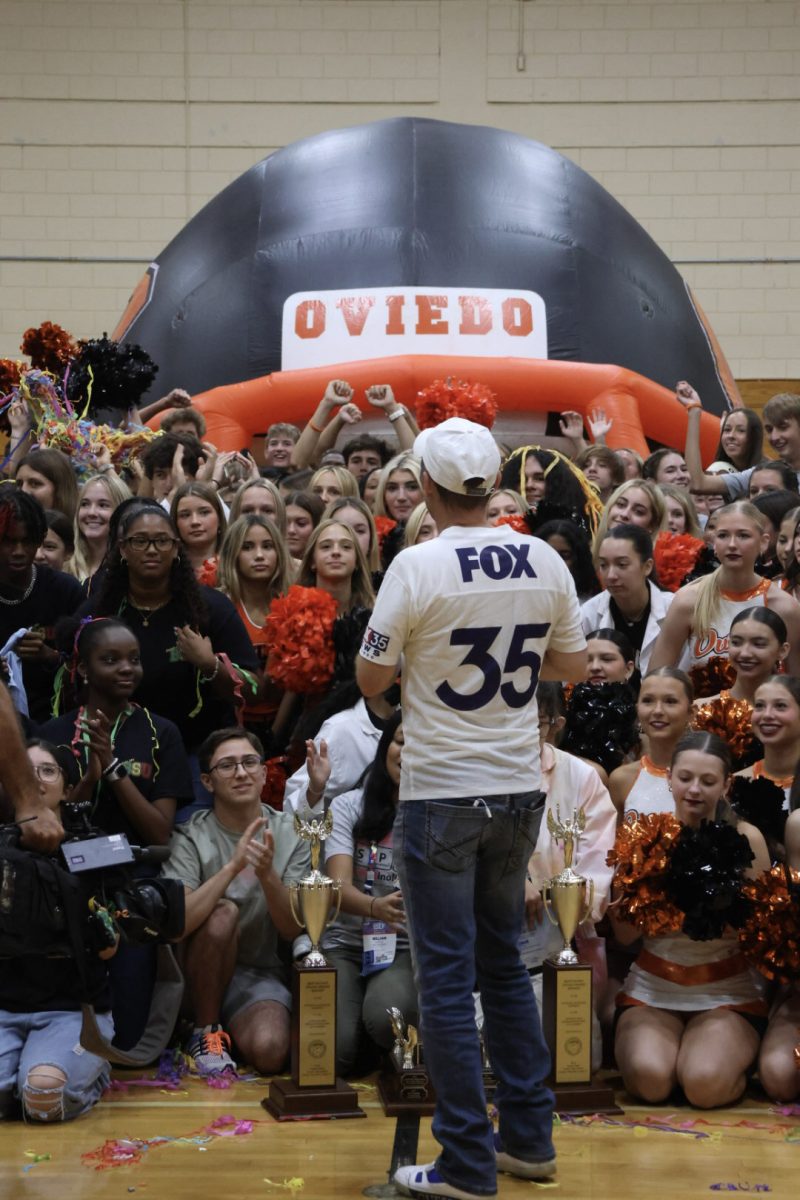
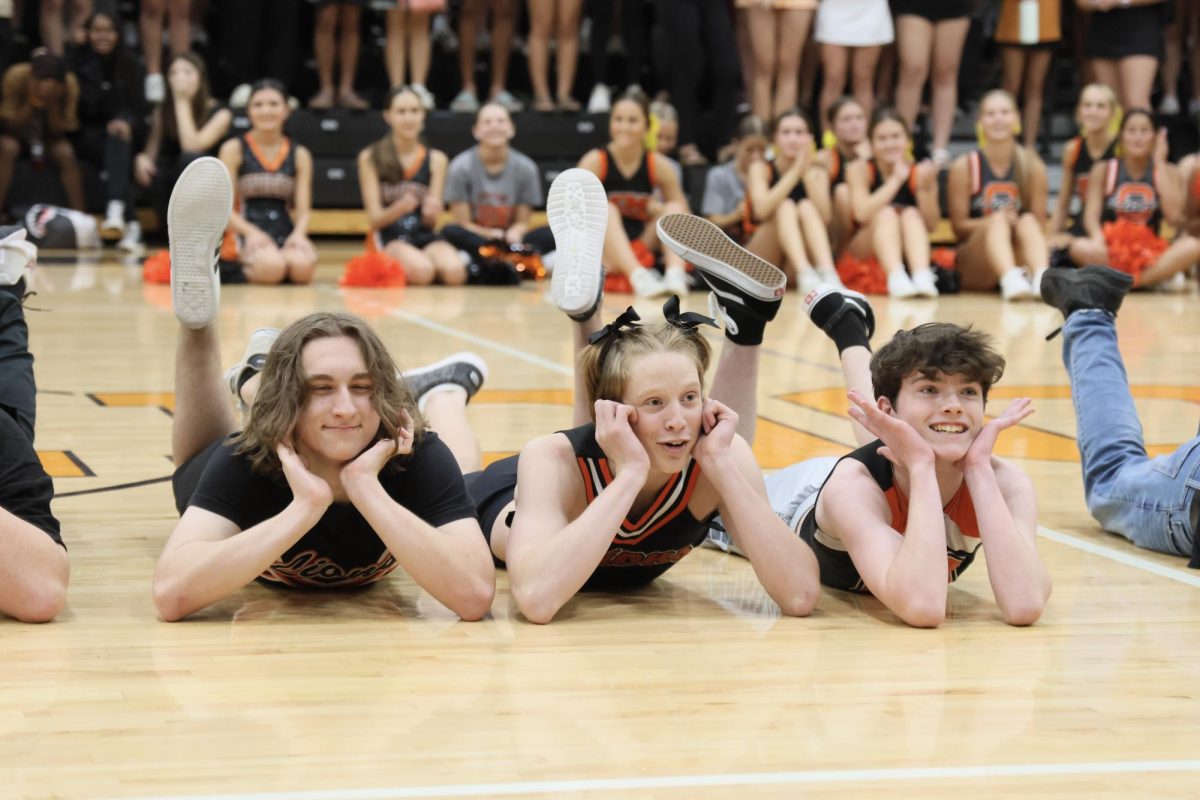


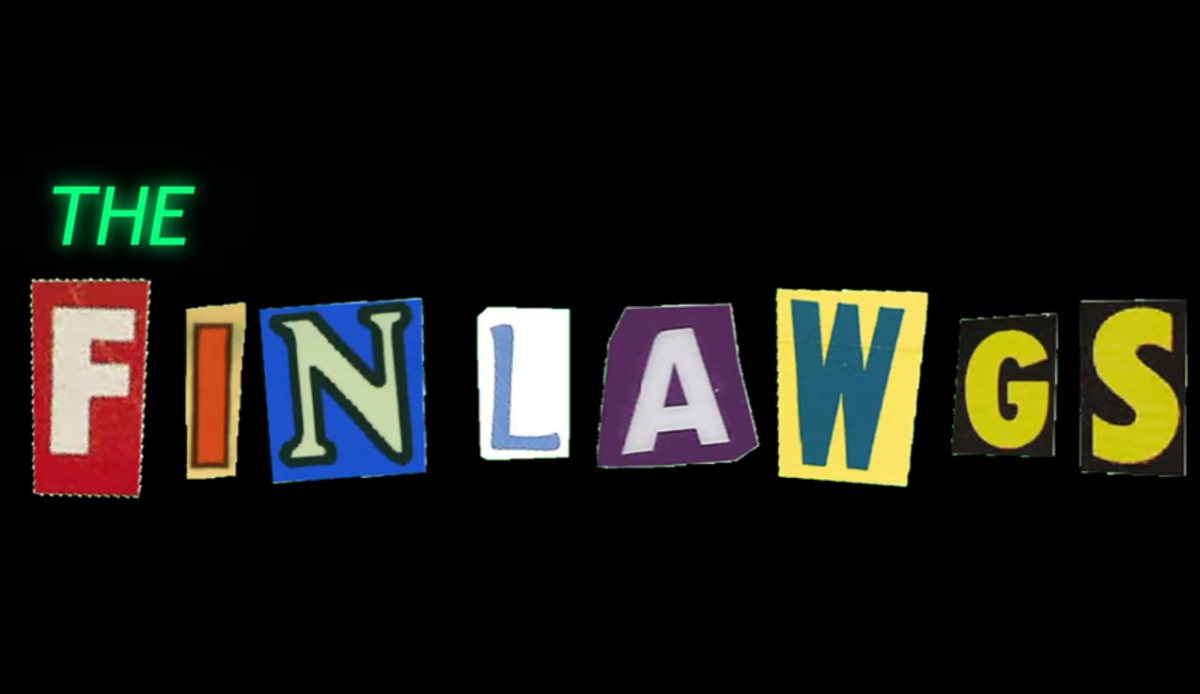
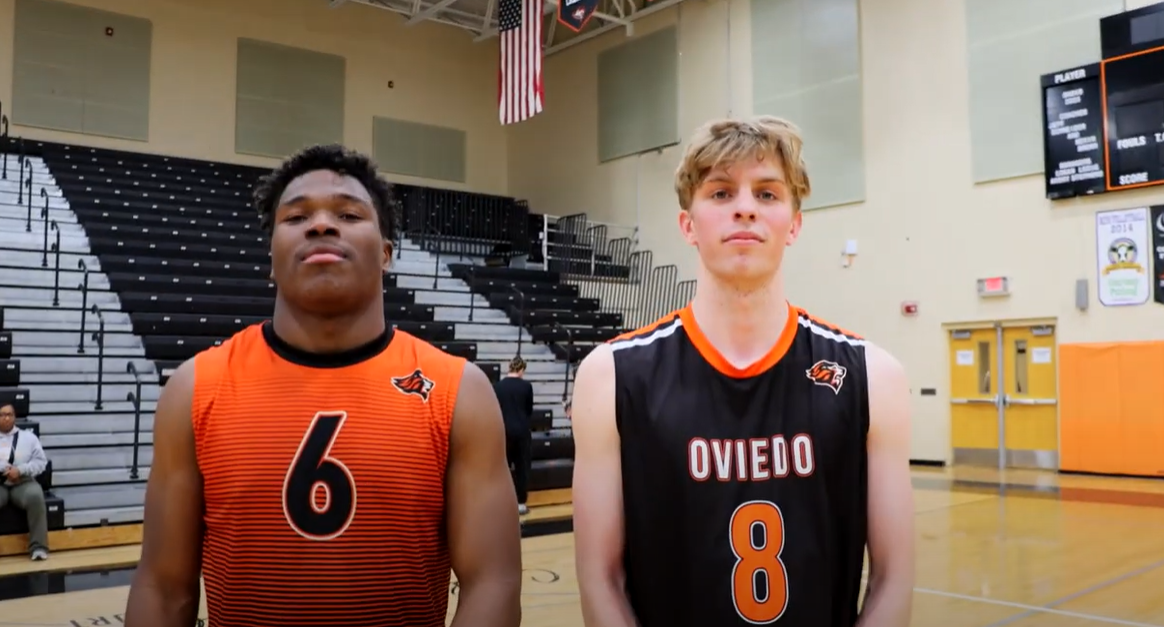
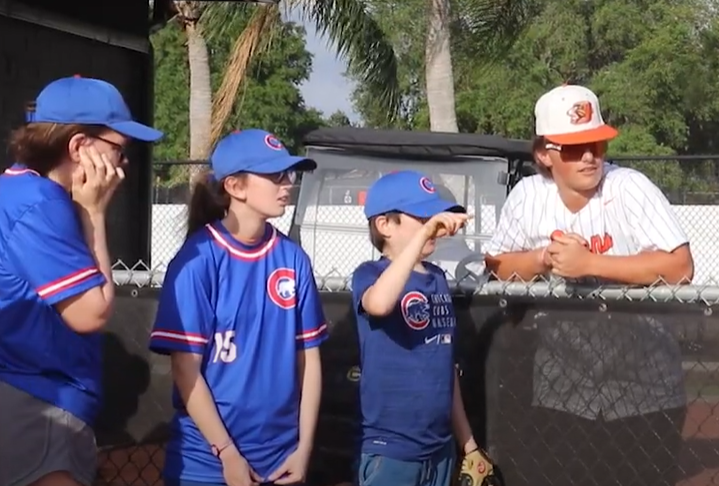
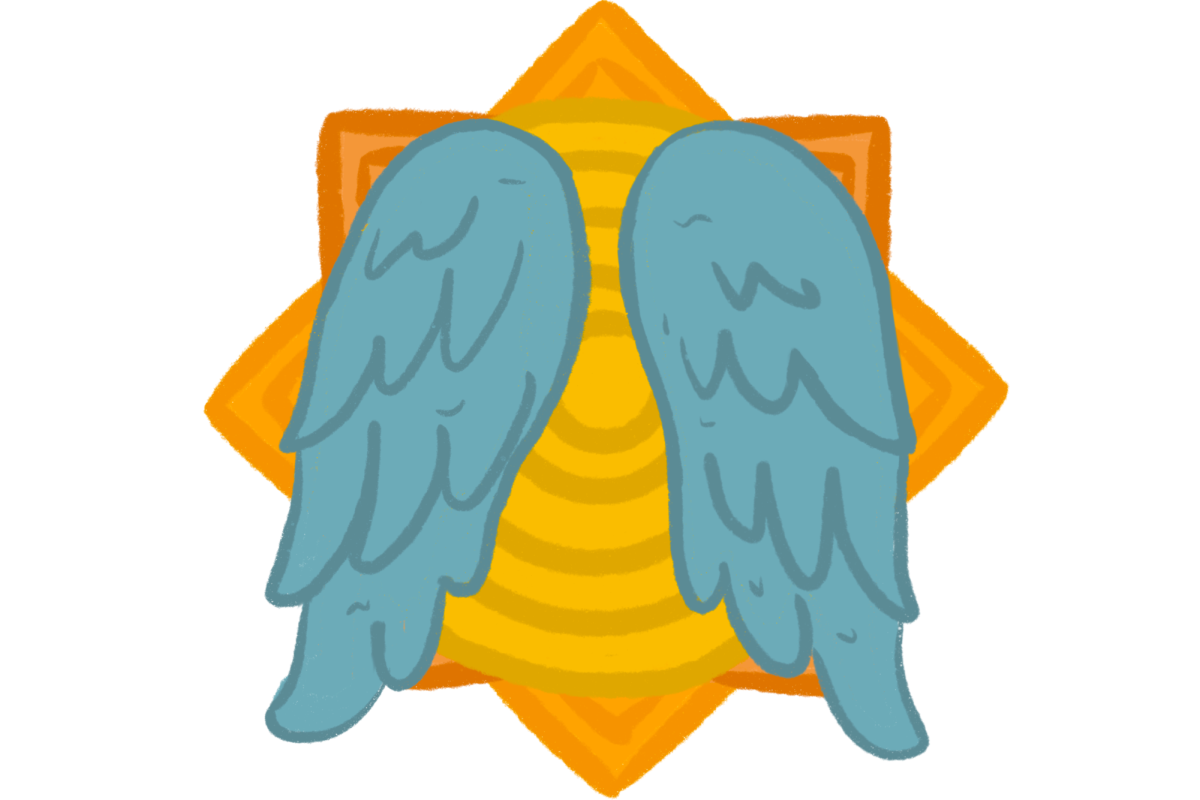






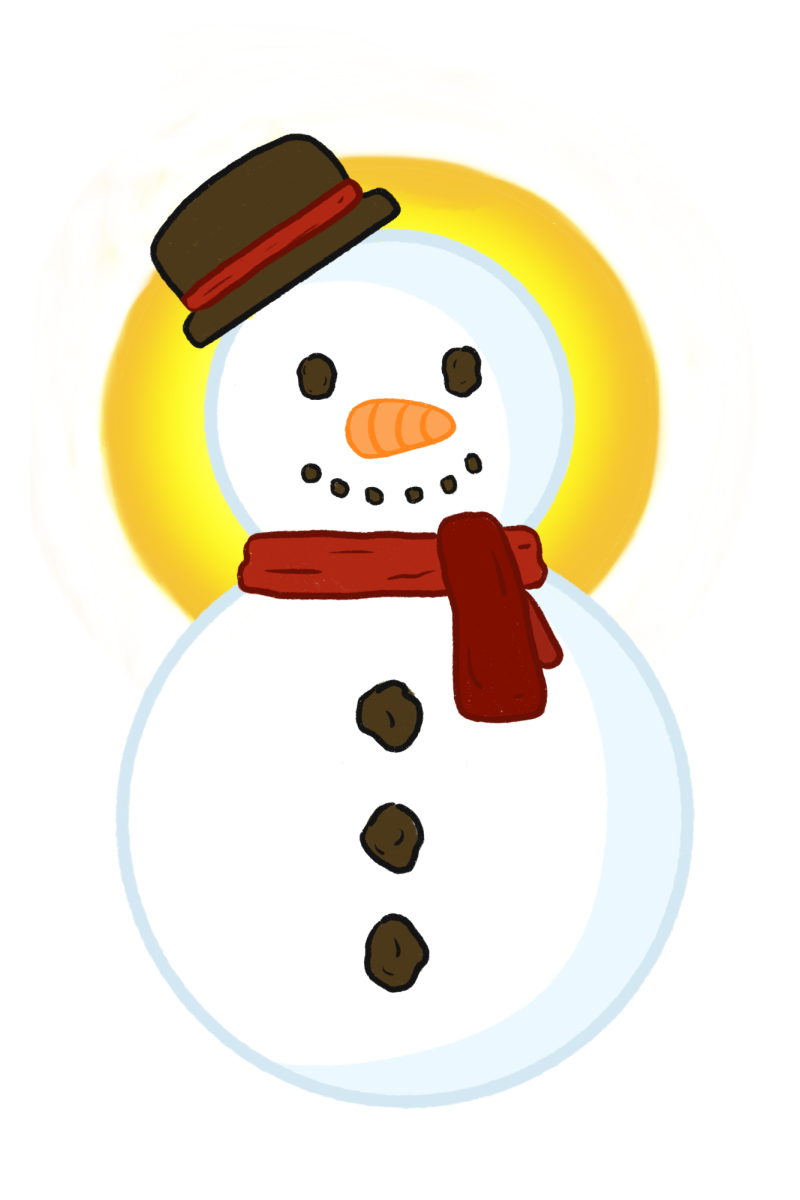



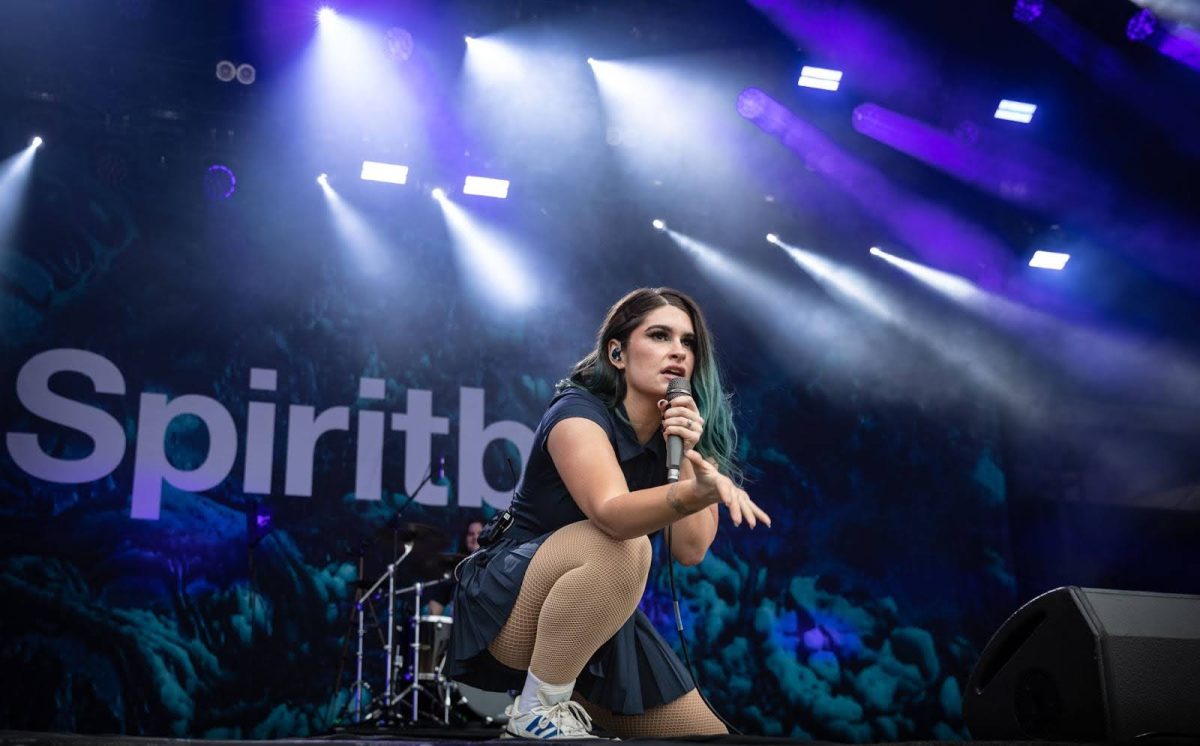
simoni • Oct 29, 2024 at 9:28 AM
AI is a very up and coming software but I do agree that it can never replicate the human workforce.